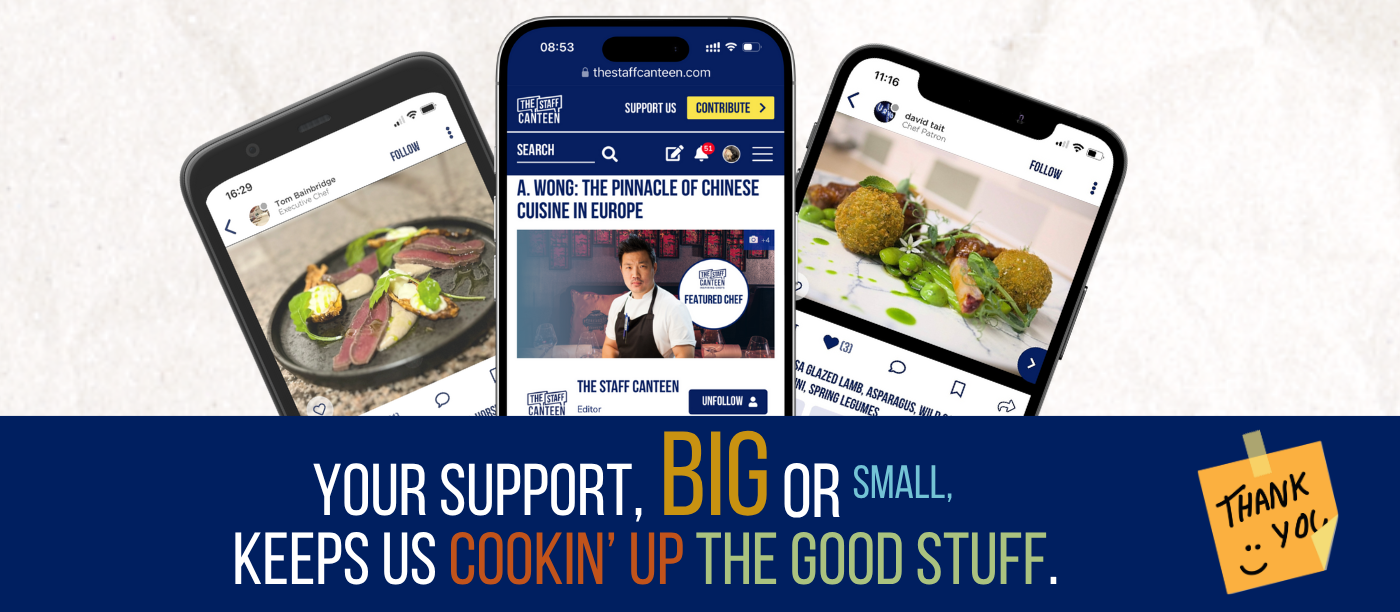Scallop-discos: new fishing technique could create low-impact, low-input method for catching scallops

Scientists have accidentally discovered a new technique for catching scallops involving LED lit-traps, which they believe could allow for the creation of low-impact, low-input in-shore fisheries
Marine scientists from fishing consultancy Fishtek Marine had been trying to find a way of baiting crab and lobsters whilst preserving small fish stocks, so installed AA battery-powered LED lighting in pots designed to catch them. They were astounded to discover that, rather than increase yields of crustaceans, the so-called "potlights" attracted scallops in high numbers.
“It’s like a scallop disco – illuminate the trap and they come in. It’s astonishing that no one else has discovered this before. It’s quite an exciting find,” Dr Rob Enever of Marinetek told The Guardian.
The results of a study published in a peer-reviewed paper in the Fisheries Research academic journal are very promising: in experiments where control unilluminated pots were hauled alongside lit ones, 99.6 percent of scallops were caught in the latter.
How does it work?
The researchers believe the scallops are attracted to the light because they possess "numerous eyes along the margin of their mantle," (up to 200), "with short focal length relative to pupil size," meaning they are very sensitive to light.
Light either causes them to move to orientate themselves (which is why the so-called potlights are effective) or to clam up, revealing their positions - helping

hand-divers to locate them with the help of torches.
Yields 'As close to a commercially viable fishery' as possible
Should the pots be introduced at scale, the UK market would see the creation of in-shore fisheries as an alternative to the environmentally detrimental method of dredging and trawling scallops, and to the very labour-intensive, time-consuming and potentially dangerous means of hand-diving them.
This could increase yields of responsibly-sourced scallops, which would likely be priced at a premium. According to the UK Government's Marine Management Organisation, scallops are the most valuable fishery in England and the fourth most valuable in the UK, so an alternative means of sourcing them would be welcomed by the British fishing industry, still beleaguered by the effects of Brexit.
Research is still ongoing as to the optimal design of the pots - such as using different wavelengths and intensity of light, which could affect yields, and trialling flashing lights, which could save on battery power - and experiments are being conducted in four locations using the different designs, in various conditions and at different depths, but, Dr Rob Enever is hopeful that the trials will come to fruition.
“Our goal is to get as close to a commercially viable fishery as we can,” he said. “I genuinely think we can do that, it’s got mileage.”

For 17 years, The Staff Canteen has been the meeting place for chefs and hospitality professionals—your stories, your skills, your space.
Every recipe, every video, every news update exists because this community makes it possible.
We’ll never hide content behind a paywall, but we need your help to keep it free.
If The Staff Canteen has inspired you, informed you, or simply made you smile, chip in £3—less than a coffee—to keep this space thriving.
Together, we keep the industry connected. Together, we move forward.

![Mitch Tonks, Sean Cooper, Mike Naidoo, Hans Frode Kielland Asmyhr: 'I think about the fish supply that goes through supermarkets at the moment [...] It’s shocking, there has to be a better way'](http://s3-eu-west-1.amazonaws.com/tscsmallimages/feature/undefined/1bce4d37-1c9d-4a08-bba5-a8bc4efe061c.jpg)












